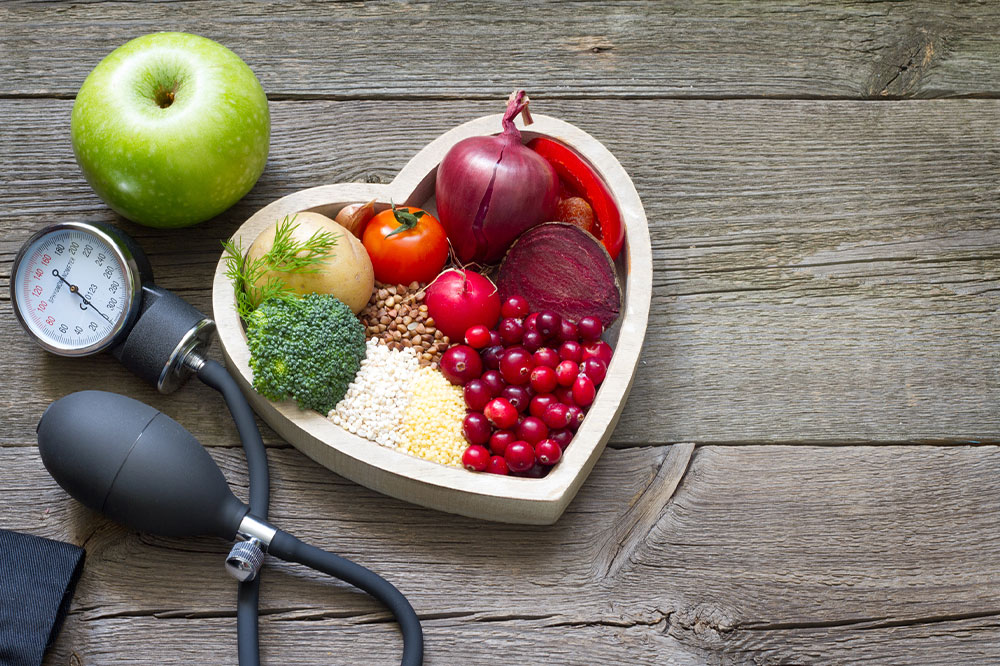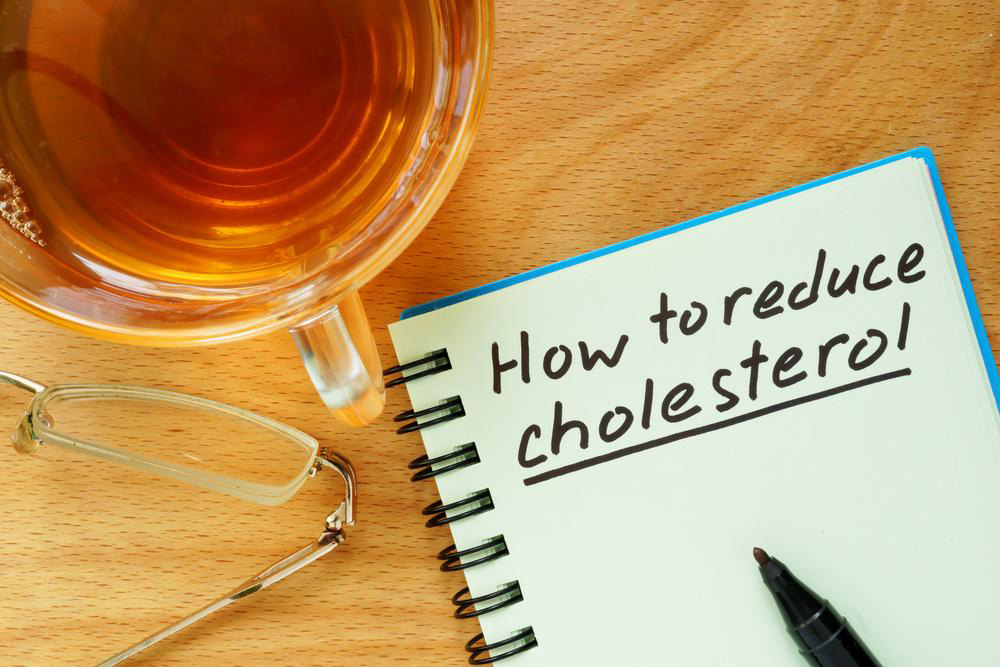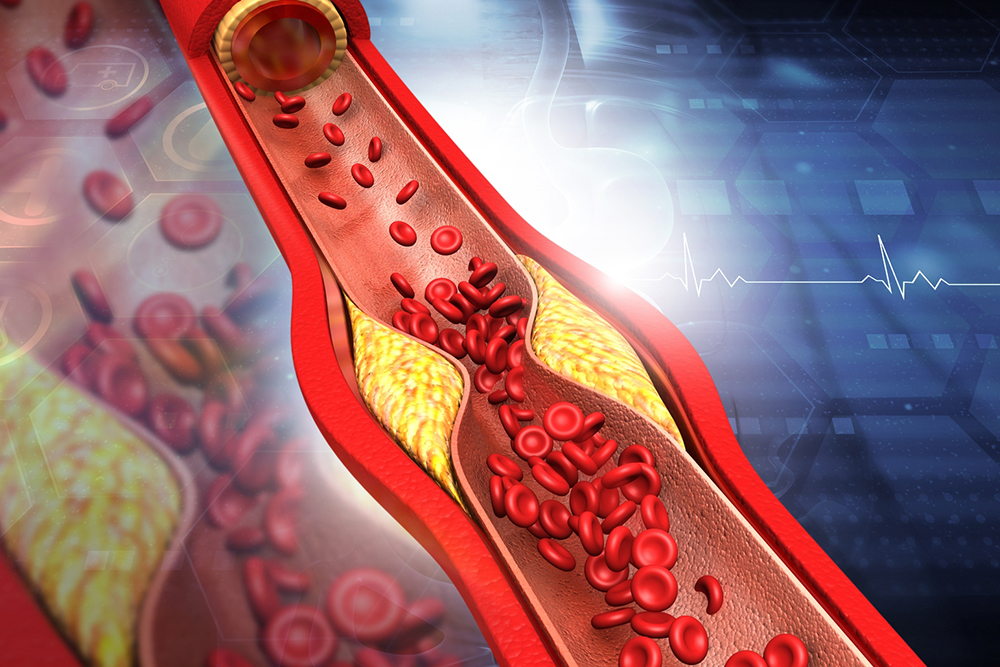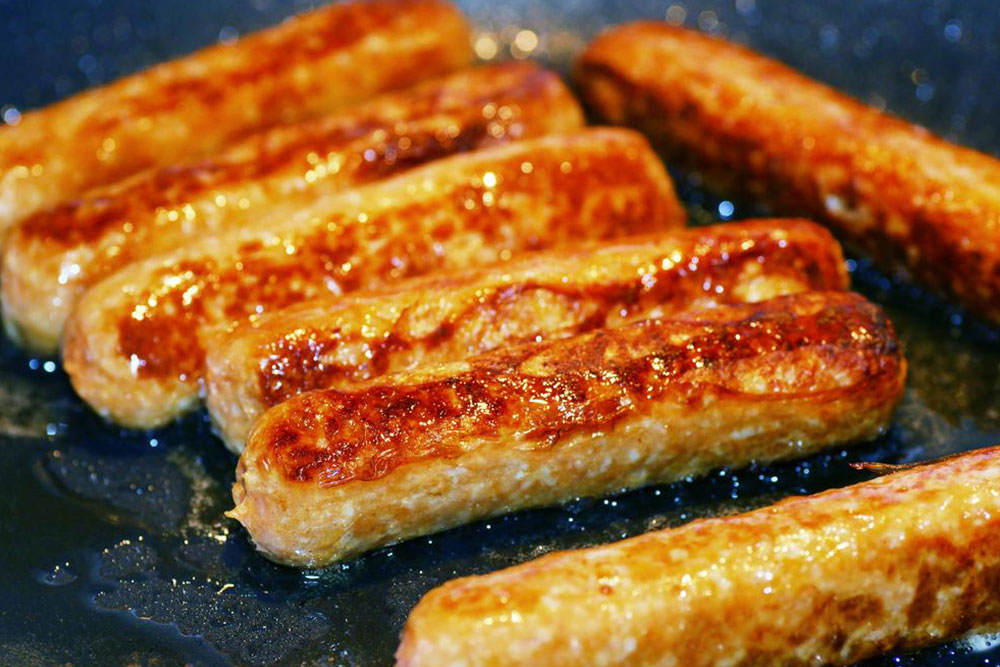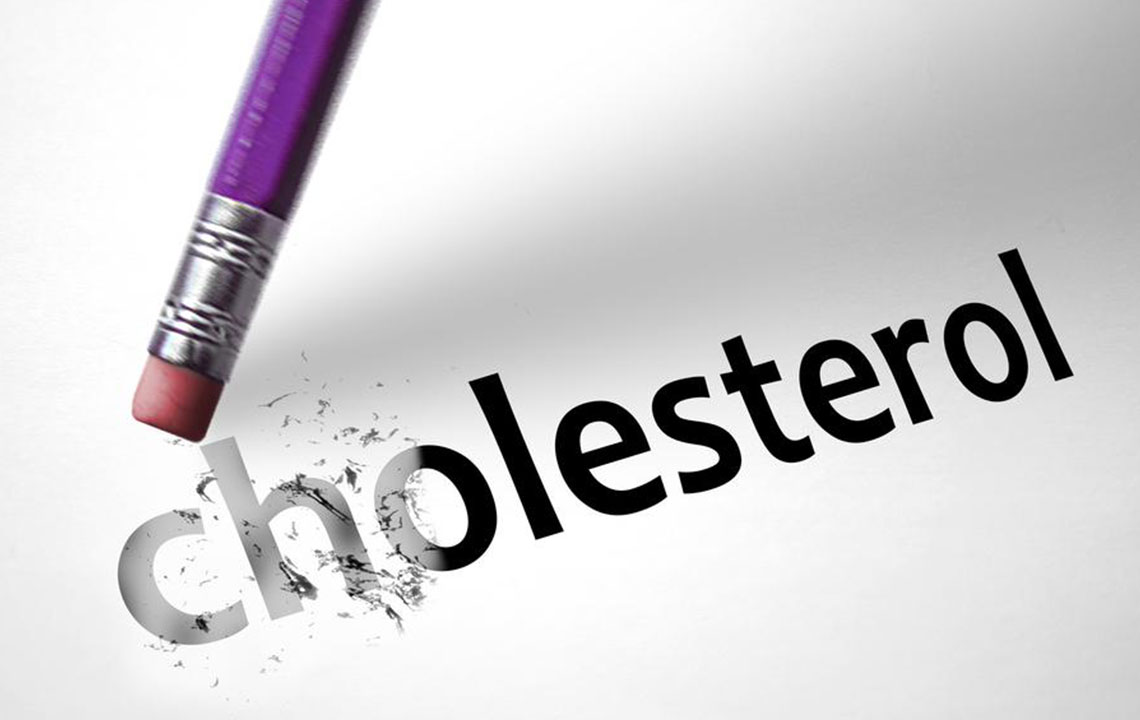10 Effective Strategies to Lower Cholesterol Naturally
Discover 10 proven strategies to naturally lower cholesterol levels, including dietary adjustments, lifestyle changes, and habits that support heart health. Implementing these tips can enhance your well-being and complement medical treatments effectively.
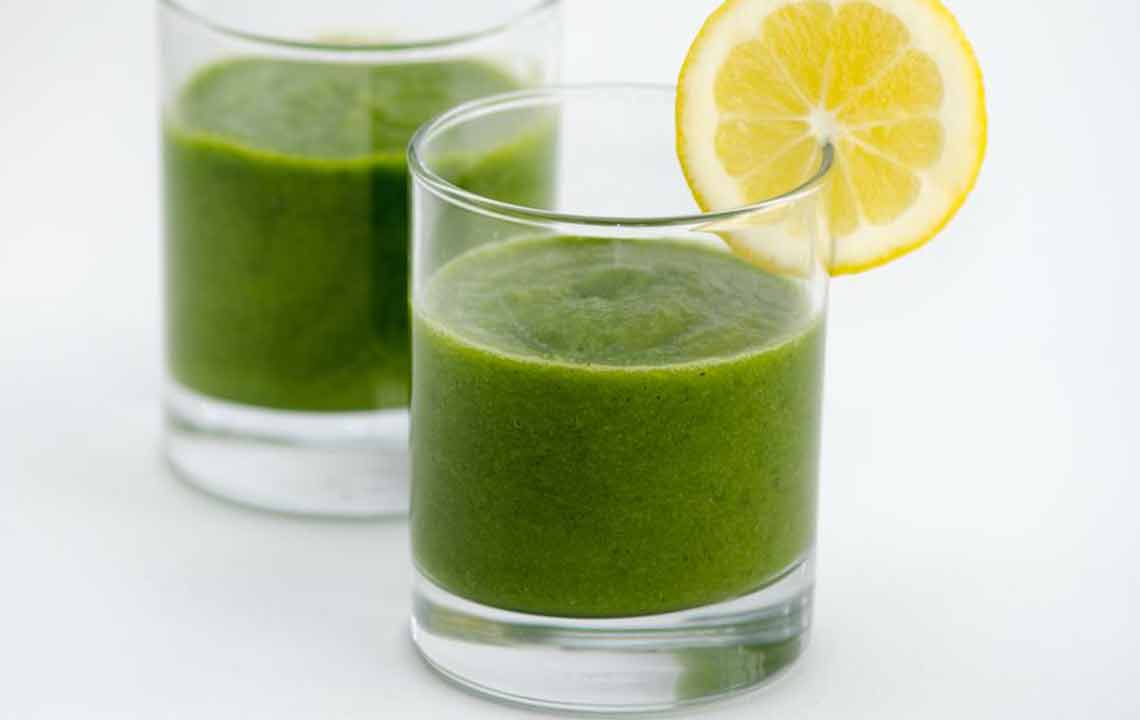
10 Effective Strategies to Lower Cholesterol Naturally
Elevated cholesterol levels can signal unhealthy dietary habits and sedentary lifestyles, increasing your risk of heart disease and other health issues. While medications prescribed by your doctor are vital, adopting certain lifestyle changes can significantly support your efforts to manage cholesterol effectively. Implementing these strategies can enhance your overall heart health and complement your medical treatment.
Choose healthy fats: Incorporate monounsaturated fats from sources like olive oil, canola oil, lean meats, and low-fat dairy, limiting saturated fats found in red meats to about 7% of your daily calories.
Avoid trans fats: Consuming trans fats raises LDL (bad cholesterol) while lowering HDL (good cholesterol), increasing heart attack risk. Limit fried foods, fast foods, cookies, and processed snacks labeled ‘no trans fats,’ as they often contain trace amounts of these harmful fats.
Eat omega-3 rich foods: Include salmon, walnuts, mackerel, herring, almonds, and flaxseeds regularly in your diet. Omega-3 fatty acids boost HDL levels and help lower blood pressure, promoting cardiovascular health.
Increase soluble fiber intake: Foods like oats, oats bran, beans, lentils, and vegetables contain soluble fiber that reduces LDL cholesterol. Starting your day with oats can help manage your weight and support heart health.
Incorporate whey protein: Derived from dairy, whey protein can be beneficial if included in your diet. Consult your healthcare provider before adding supplements from supermarkets or fitness stores.
Quit smoking: Stopping smoking can lead to immediate improvements in blood pressure and heart rate, restoring heart health and reducing disease risk.
Stay active: Engage in at least 30 minutes of physical activity daily—whether walking, jogging, swimming, or sports—boosting HDL and improving overall cardiovascular fitness. Visible benefits often appear within a month.
Drink plenty of water: Aim for at least 2 liters daily. Adequate hydration helps flush toxins and maintains overall health, supporting your cholesterol management efforts.
Moderate alcohol intake: If you consume alcohol, keep it in moderation. While some studies suggest moderate drinking can raise HDL, it’s best for non-drinkers to abstain to avoid health risks.
Reduce excess weight: Losing weight lowers cholesterol and mitigates disease risk. Combine a healthy diet with regular exercise, minimizing sugar intake and choosing nutritious snacks like fruits or dates to shed pounds effectively.
If you're already on medication, these lifestyle changes can accelerate your progress. For those with slightly elevated cholesterol without medication, adopting these habits can prevent further increases and assist in reduction. Habit formation typically takes around 40 days, so consistency will yield fast and lasting results.

